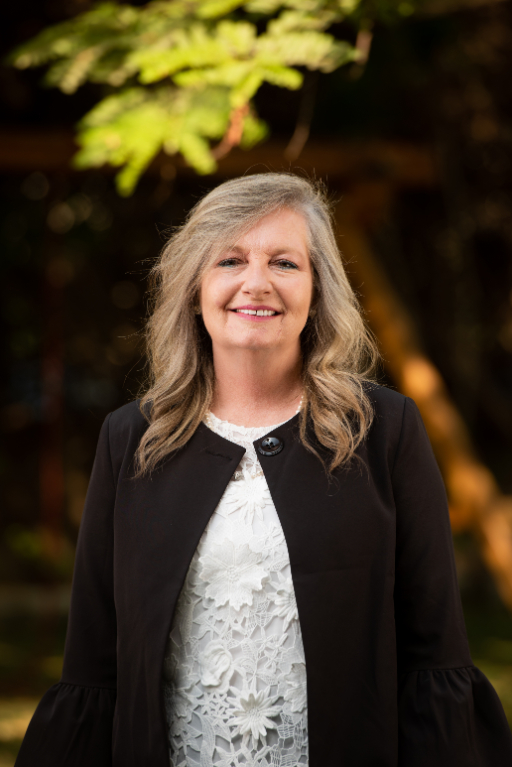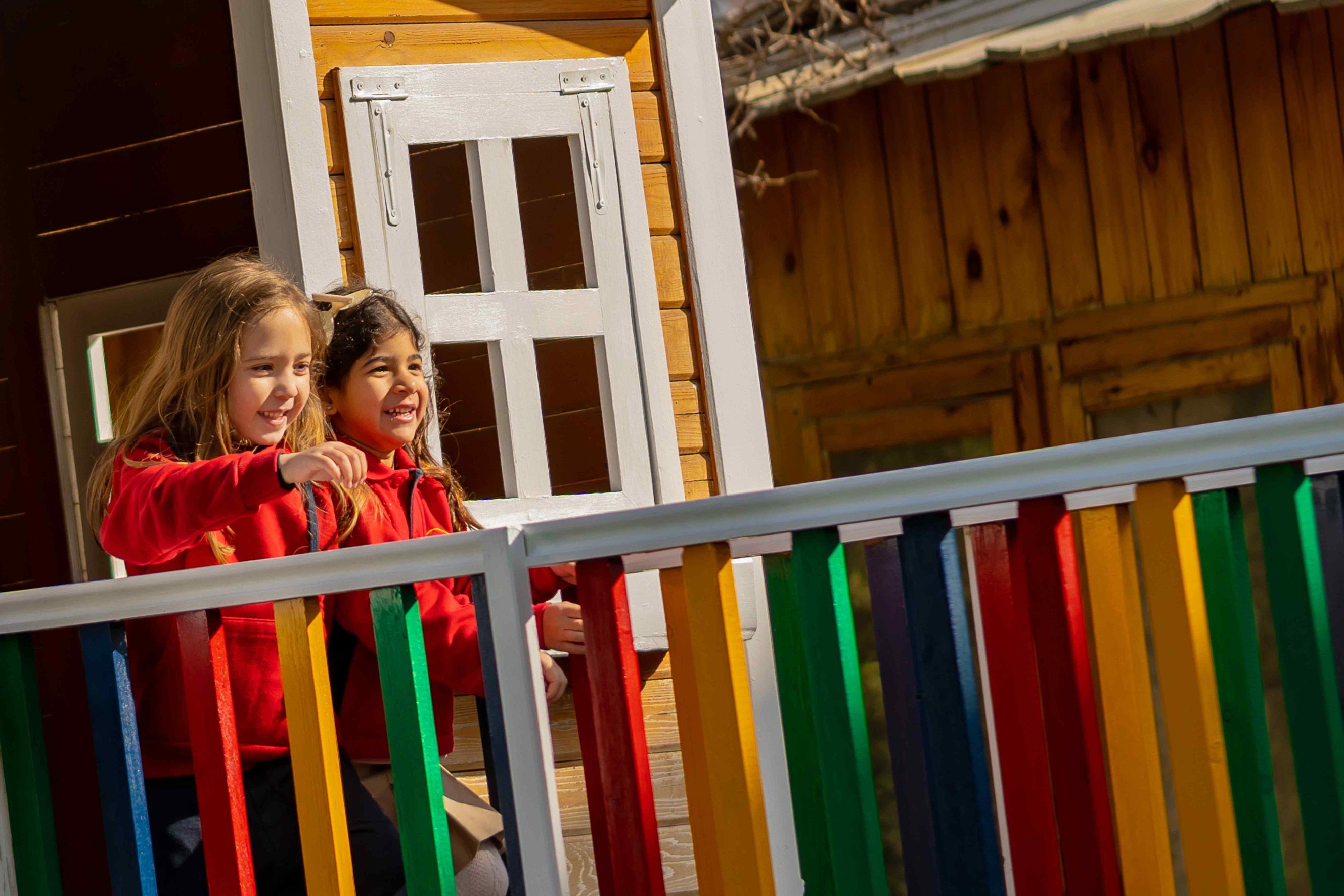
ECE - Early Childhood Education
Welcome All!! As the Director of the Early Childhood Education Department, I welcome all ECE students to this academic year. My love for early childhood development began in Canada more than 25 years ago, seventeen of those years have been educating early childhood students in Egypt and Directing over the last five years. I feel, though childhood development patterns are reasonably universal, every child is unique and has individual potential and will learn differently than their peers. In my many years of educating this Philosophy has enabled many successful students continue positively and confidently through their formative years and reach their full potential and embark on higher education. I embrace this wonderful opportunity to continue this journey with our BCCIS Early Childhood students.
— Ms. Margaret Elaby
The Goals Of Our Curriculum
The most important goal of early childhood education is to help children become enthusiastic learners. This means encouraging children to be active and creative explorers who are not afraid to try out their ideas and to think their own thoughts. Our goal is to help children become independent, self-confident, inquisitive learners. We are teaching them how to learn in an environment that is developmentally appropriate. We are allowing them to learn at their own pace and in the ways that are best for their developmental level. We are giving them good habits and attitudes, particularly a positive sense of themselves, which will make a difference throughout their lives.
Our curriculum identifies goals within the following domains for early childhood development:
SOCIAL: To help children feel comfortable in school, trust their new environment, make friends, and feel they are part of the group.
EMOTIONAL: to help children experience pride and confidence, develop independence and self-control, and have a positive attitude toward life.
COGNITIVE: to help children become confident learners by letting them try out their ideas, and experience success, and by helping them acquire learning skills such as the ability to solve problems, ask questions, and use words to describe their ideas, observations and feelings.
PHYSICAL: to help children increase their large and small muscle skills and feel confident about what their bodies can do.
LANGUAGE/LITERACY: to help children hear and discriminate sounds of language and interpret oral direction then actively participate in conversation. With this interrelation towards the value of spoken words to reading and then developing print concepts and the never ending enjoyment of books.
The activities we plan for children, the way we organize the environment, select toys and materials, plan the daily schedule, and talk with children, are all designed to accomplish the goals of our curriculum and give the children a successful start in school.
Finally, we encourage the development of good habits and attitudes that will result in positive self-esteem that will make a difference throughout their entire lives.
DISCIPLINE POLICY
Working to support your child for success The foundation of our discipline policy is rooted in Positive Discipline procedures. An important aspect of a good Early Childhood Education program is to promote skills that support healthy social and emotional development. One important aspect in this critical area of development is to educate children on how to manage their feelings and actions in ways that are considered socially acceptable. We recognize that conflicts and inappropriate acting-out are inevitable during the formative years of childhood and thus understand that children need help in developing skills that relate to managing conflicts and emotions.
In fact, we view most behavior problems as valuable teaching/learning opportunities for helping children to find more appropriate ways to express themselves. As opposed to the short-term solutions of a reward and punishment system we promote empowering children to manage their feelings in ways that are more effective over the long-term. By teaching Positive Discipline strategies, children learn how to manage their feelings and frustrations without resorting to physical or verbal aggressive behaviors. Through a gradual process of role-modeling and positive reinforcement, children learn how to take care of their own needs (self-respect) without disrespecting the feeling and rights of other (respect for others).
This important foundation will support them beyond pre-school and help them in establishing life-long skills throughout school and into adulthood. We also recognize that there are occasionally behavioral issues outside of the appropriate developmental and age continuum for socially accepted behavior. For example; behavior that results in ongoing classroom management problems such as disruptive or aggressive acting out that causes concern for the well-being of the student and/or other students, will be addressed individually. At such times we will share our observations and concerns with parents to determine if the problem is something we can work on together or if we need to seek the advice and counseling from an outside professional agency.

